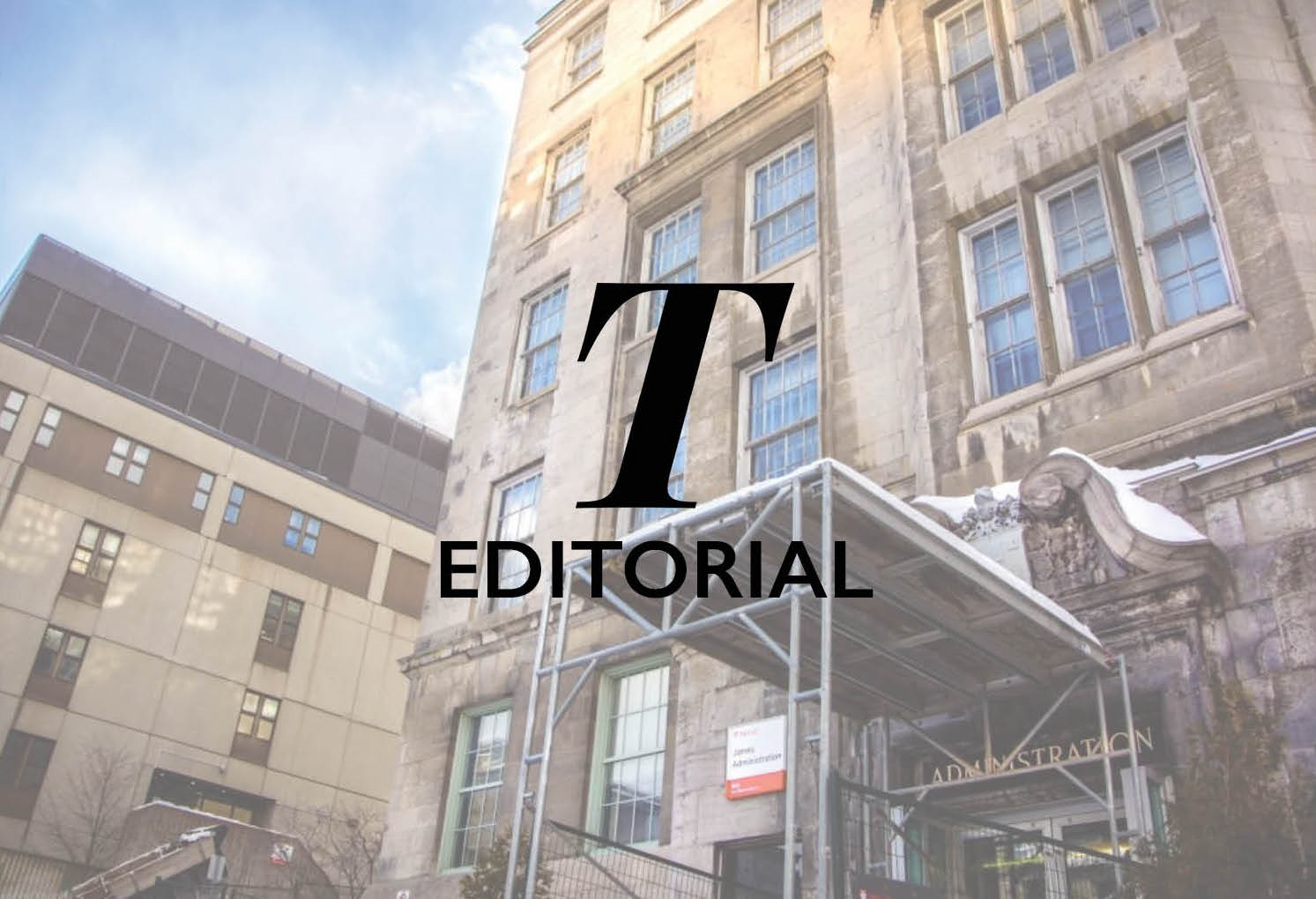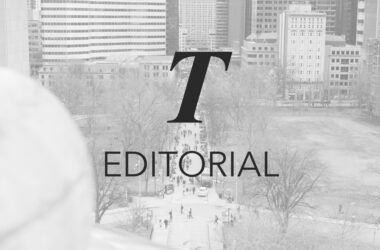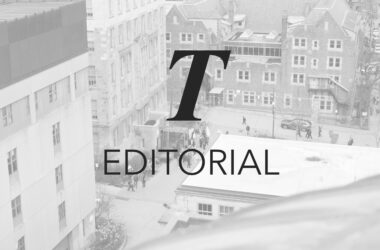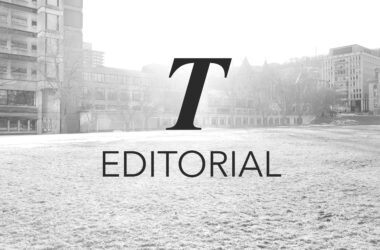Students returned on Jan. 7 to remote classes and the biting cold of yet another brutal academic winter. Unrested after a break that felt too brief—even after the three-day extension—and unassured by McGill’s short-term solutions, many will continue to suffer from the same predicaments that arose in the fall. From declining mental health to surging financial insecurity, a whirlwind of student problems was unleashed when the pandemic punctured the overpressured hot-air balloon that is higher education. A new teaching model must emerge from the ruins of the old: Universities, and society more broadly, must recalibrate standards of success and embody compassion into education rather than perpetuating academic natural selection for “best.”
Many students have struggled with online learning, and even those who have seen their grades improve are haunted by insecurities about it. After all, it is unclear how grades obtained this year will be evaluated by law, medical, and other post-graduate programs. Although McGill has reimplemented an emergency Satisfactory/Unsatisfactory (S/U) policy to ease students’ burdens, future admissions councils may hold it against them. McGill should ensure that its admissions officers are mindful of the pandemic’s dire consequences for students’ performance. McGill alone cannot uproot the vicious sink-or-swim mentality that has long characterized academia: All educators must recognize the immeasurable toll that remote learning has taken on students’ well-being.
Yet this understanding cannot be forgotten once in-person learning resumes. Because usual study habits are often not conducive to remote learning, students—notably first years who have taken important prerequisites and other courses online—may be left to flounder if the old metrics of examination are reinstituted again. Any return to the classroom must be forgiving to accommodate this period of realignment. Instructors should continue to use alternative modes of assessment, such as offering essays or projects in lieu of exams, not just to account for different learning styles but also to give students time to relearn old habits.
Meanwhile, outside of the classroom, hundreds of internships and fellowships were cancelled due to the pandemic. Thousands of students who depend on them for professional advancement will be disadvantaged as a result—especially considering that students’ resumes may be weighted heavier by employers and admissions committees in the future, as the remote conditions may undermine the perceived value of transcripts. Moreover, numerous universities have eliminated—possibly for good—certain graduate programs, particularly in social sciences and humanities. For many McGill graduates who relied on paid internships, scholarships, and bursaries to remain afloat, the consequences could be devastating, as the simultaneous depletion of the job market may leave them entirely dependent on government aid, which may not even be available to some international students.
Remote learning has also stifled networking opportunities and other means of career development. This has rendered students highly dependent on McGill’s Career Planning Services (CaPS), faculty advisors, and other services that were underfunded as well as overburdened before the pandemic—and which are now increasingly inaccessible.
Consider that those who can afford unpaid internships or have professional connections are privileged over minorities and other economically disadvantaged persons. The same holds true of disparities in study environments, including internet access and other resources.
Universities are not powerless to mitigate this crisis. For example, they can open up library spaces for students taking standardized exams such as the LSAT to counter internet inequalities. McGill could invest more resources in career development to properly arm students to find internships and work in spite of the pandemic. But it should go even further and rethink antiquated practices, perhaps following the lead of universities like Concordia in establishing co-ops for students in Arts disciplines and expanding research outlets for STEM students.
Above all, students need to be assured that their work will count for something and that they are not alone in their struggles. The pandemic must force academia to evolve past the doctrine of survival of the fittest, and McGill can take the lead by ensuring their students survive remote learning and the pandemic economy.









